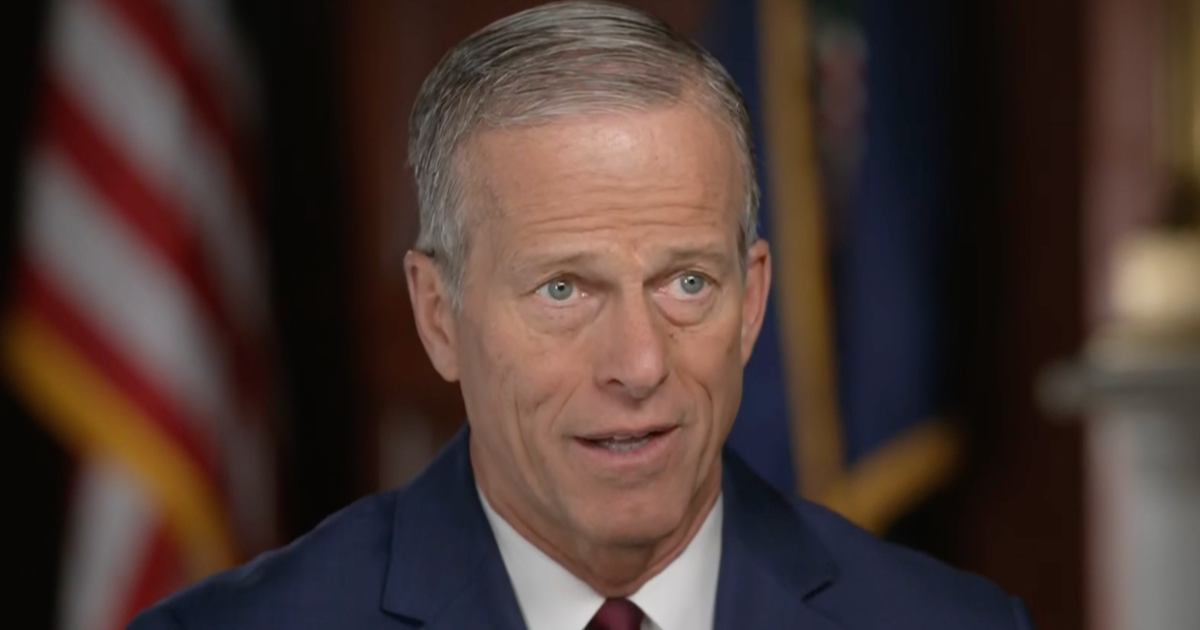Prosecutors seek 7- to 9-year prison sentence for Roger Stone
Federal prosecutors are asking that Roger Stone, a longtime confidante and former campaign adviser to President Trump, be sentenced to 7 to 9 years in prison. Stone was found guilty in November of all seven charges brought against him stemming from former special counsel Robert Mueller's Russia investigation.
Stone's lawyers countered that probation or home detention would be appropriate sentences, and President Trump weighed in as well. He tweeted in the wee hours of Tuesday morning that, "This is a horrible and very unfair situation. The real crimes were on the other side, as nothing happens to them. Cannot allow this miscarriage of justice!"
Stone was convicted of one count of witness tampering, one count of obstruction of an official proceeding and five counts of making false statements.
In a sentencing memo submitted Monday, Justice Department prosecutors laid out the timeline of Stone's crimes and asked for the sentence as a form of "general deterrence."
"A sentence that includes a period of incarceration would serve as a powerful reminder that our democratic processes can function only if those called to testify tell the truth, and that serious consequences lie in store for those who do not," the memo reads.
Prosecutors also argued a lighter sentence would cause a disparity between the cases of Stone and those who've been sentenced for similar crimes such as Scooter Libby and Paul Manafort. Justice Department lawyers pointed out that Manafort was given a 13-month sentence for a single count of witness tampering by the same court tasked with sentencing Stone. Manafort was also sentenced to 30 months in prison by that court for one count of conspiracy to defraud the United States.
But Monday night, Stone's attorneys said they disagreed with the sentencing calculations made by the government and the probation office and argued that he shouldn't have to go to prison at all. They said he should be given probation or home detention because Stone has a very low risk of repeating the types of crimes he was convicted of. They added that he has serious medical problems but didn't specify what those problems are.
During the trial, prosecutors presented evidence showing Stone attempted to get information from WikiLeaks founder Julian Assange, specifically asking about the hacked emails from the Democratic National Committee that WikiLeaks published in order to influence the 2016 election. Steve Bannon, the former chief executive of Mr. Trump's 2016 campaign, testified that the campaign understood Stone was their unofficial "access point" to Assange and WikiLeaks, because Stone implied he had a connection.
"Stone's criminal conduct was not an act of desperation," prosecutors said. "He is a man of substantial means, and he has enjoyed a modicum of fame from his years of being a political adviser and confidant to powerful politicians, and from being an author and host of his own political radio show. Rather, his conduct was undertaken purposefully, by someone who knew exactly what he was doing."
Stone is scheduled to be sentenced February 20.



